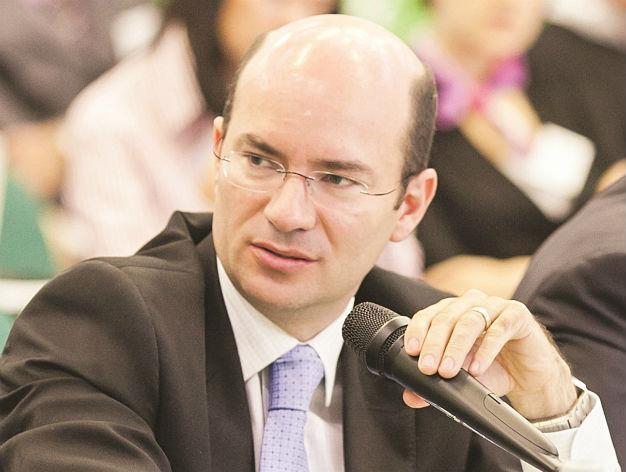World Bank’s unit supports $300-million green, sustainable bond issue in Turkey
ISTANBUL

IFC, a member of the World Bank Group, has invested $50 million in the green and sustainable bond issue of the Industrial Development Bank of Turkey (TSKB), the country’s first privately-owned development and investment bank.
The issue size of the bond is $300 million, said the IFC in a written statement on May 13.
This is the first green and sustainable bond issued from Turkey in international debt capital markets, according to the statement.
The proceeds will be used for private sector investments in renewable energy, energy efficiency, and other areas that reduce greenhouse gas emissions.
“TSKB continues to enhance its focus on investing in sustainable growth, energy and resource efficiency, and renewable energy investments,” said Suat İnce, the CEO of TSKB.
“We are very proud to be the first bank to open up a new market in Turkey by issuing the country’s first ever green bond,” İnce added.
Green bonds have been gaining popularity as an effective instrument for raising private capital for climate change mitigation and adaptation efforts. IFC’s green bond program helps funnel private investment into low-carbon projects and, as of December 2015, IFC had issued close to $5 billion in green bonds.
“Helping Turkey reach its climate change goals is a priority for IFC,” said Manuel Reyes-Retana, IFC Regional Head of Financial Institutions Group in Europe, Middle East, and North Africa.
“As a pioneer in developing the green bonds market globally, we welcome our long-term partner TSKB’s efforts to launch the first ever green bond in Turkey and hope this will set an example and encourage other institutions to participate in this market.”
The World Bank Group has pledged to step up its investments in climate to 28 percent of annual commitments and leverage an additional $13 billion of private sector co-financing by year 2020.
Turkey is the third-largest country exposure for IFC globally, and IFC has invested $4 billion in private sector projects in the country thus far, in line with the World Bank Group’s Turkey Country Partnership Strategy for fiscal years 2012 to 2016, according to the statement.
 IFC, a member of the World Bank Group, has invested $50 million in the green and sustainable bond issue of the Industrial Development Bank of Turkey (TSKB), the country’s first privately-owned development and investment bank.
IFC, a member of the World Bank Group, has invested $50 million in the green and sustainable bond issue of the Industrial Development Bank of Turkey (TSKB), the country’s first privately-owned development and investment bank.